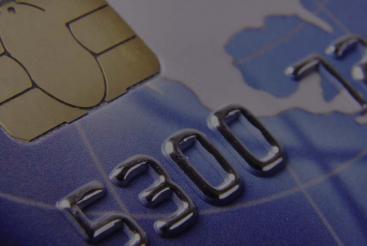What counts as a default on my credit file?
While good financial behaviour should always be encouraged, it's important to know exactly what is worth fretting over. Not every single unpaid bill will end up on your Equifax credit file, and some problems won't be on there forever.
Just when do you need to start being concerned over a missed payment?
Commercial or consumer credit?
When you take on a home loan, a personal loan or a credit card, you accept a set of obligations in regards to the terms of your repayments. Violate these, and you may find that your credit report is damaged as a result. However, some infractions are exceedingly minor and will not appear at all. Anything below $150, for consumer credit, will not affect your file (unless it is a court judgment), and for higher amounts if you repay within 60 days of your overdue date, a default will not end up on your report, however it could result in a late payment. It is important to know that simple mistakes can potentially damage your file.
If you run your own business, you will find that these requirements are a little more strict. The outstanding payment is reduced to $100. This is another reason why it is so important for commercial credit holders to keep an eye on their Equifax commercial credit report and rectify these issues immediately.
The problem of telco
It may seem like it is more important to focus on larger debts such as your mortgage or business lending first, but historically Equifax has found that consumers tend to default on smaller commitments first. Phone, internet, utility and credit card bills are the primary offenders, with a large number of people failing to or simply forgetting to pay them.
While one late payment is unlikely to damage your credit borrowing, consistent failure for forgetfulness even on these smaller bills could signal financial stress to a lender. This repayment history is only recorded for up to two years, however, so as long as you stay on top of things for that amount of time, your previous missed payments on your consumer credit file will eventually age out.
As a business owner, the line is a little less defined, but it's still worth keeping on top of your enterprise's credit file and rectify any errors that could crop up and damage your business' lending opportunities. If you find yourself in need of credit repair, make sure to get in contact with the team at Equifax and discover how we can help you get back onto the right track.
Disclaimer: The information contained in this article is general in nature and does not take into account your personal objectives, financial situation or needs. Therefore, you should consider whether the information is appropriate to your circumstance before acting on it, and where appropriate, seek professional advice from a finance professional such as an adviser.
Get your Equifax credit report for FREE today
Learn moreYou might also like

How rearranging your debt could help you manage it
Want to find a way to better manage your debt repayments? Why not try to refinance your loan or even consolidate all your debts.

How can I improve my credit record?
For anyone juggling payments and bills from various essential service providers, from electricity and phone connections to rent or a mortgage, getting on top of their credit score may feel like a looming goal. However, with a few changes, you can begin to repair an unfavourable credit report.

Understanding credit card fees
Do your research carefully before signing up for your new credit card to understand any additional fees and charges, as well as your repayment responsibility.
